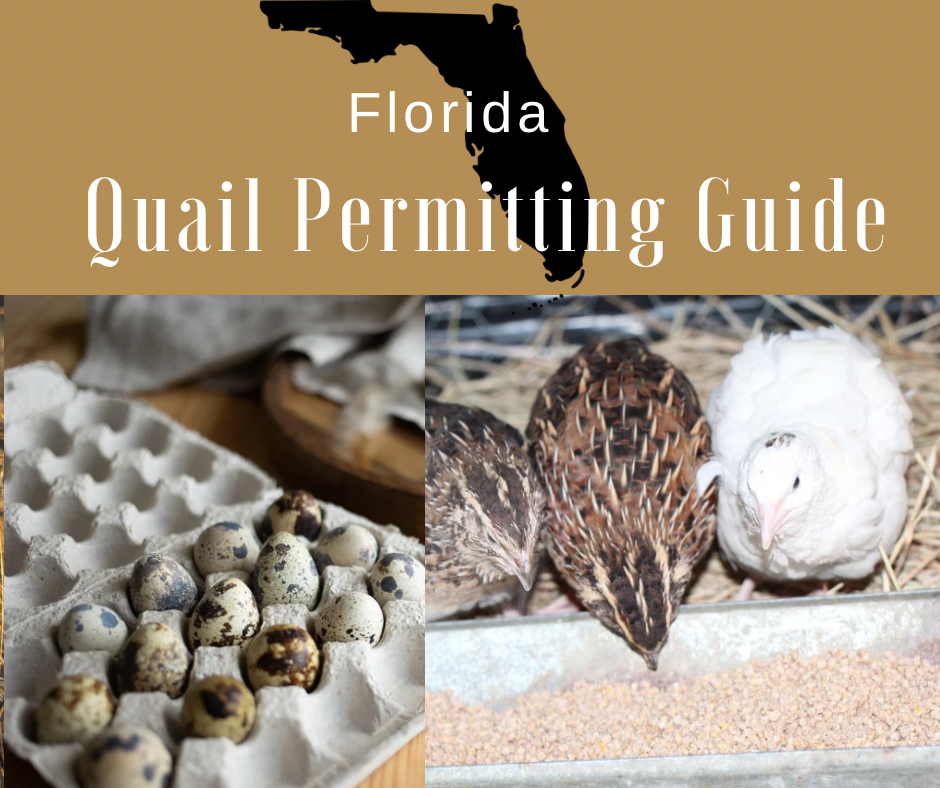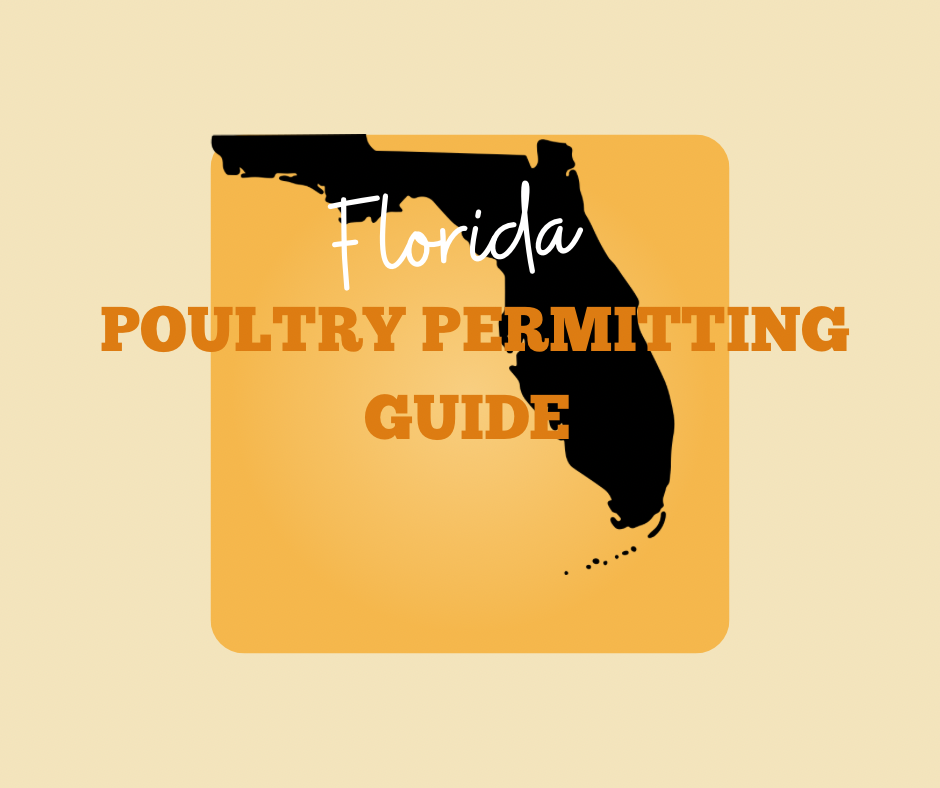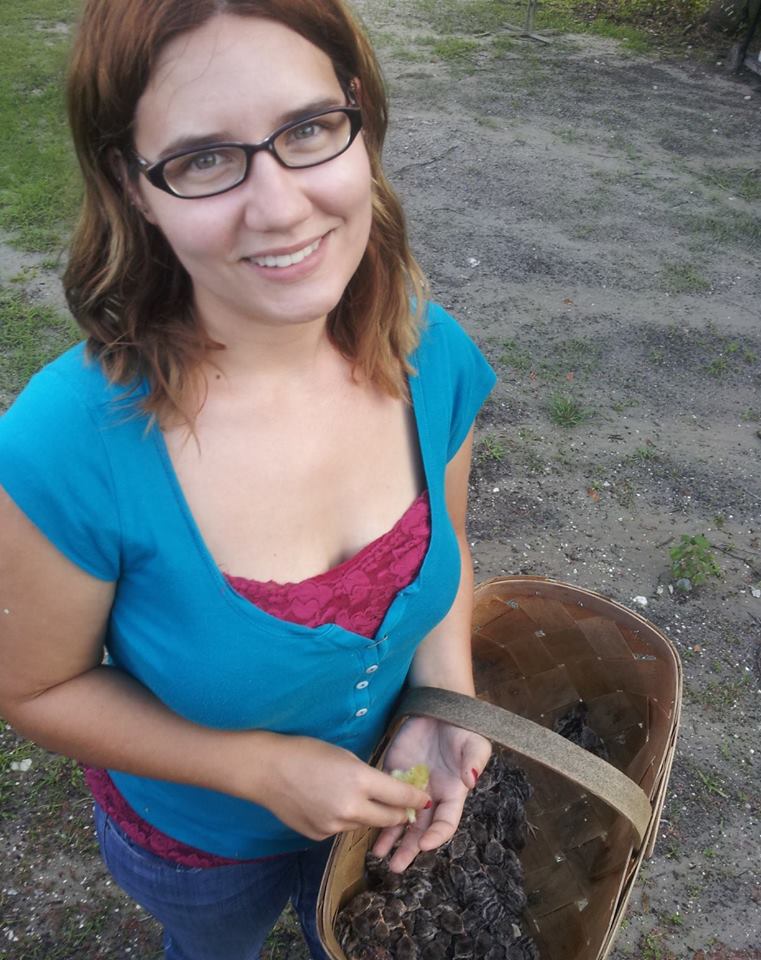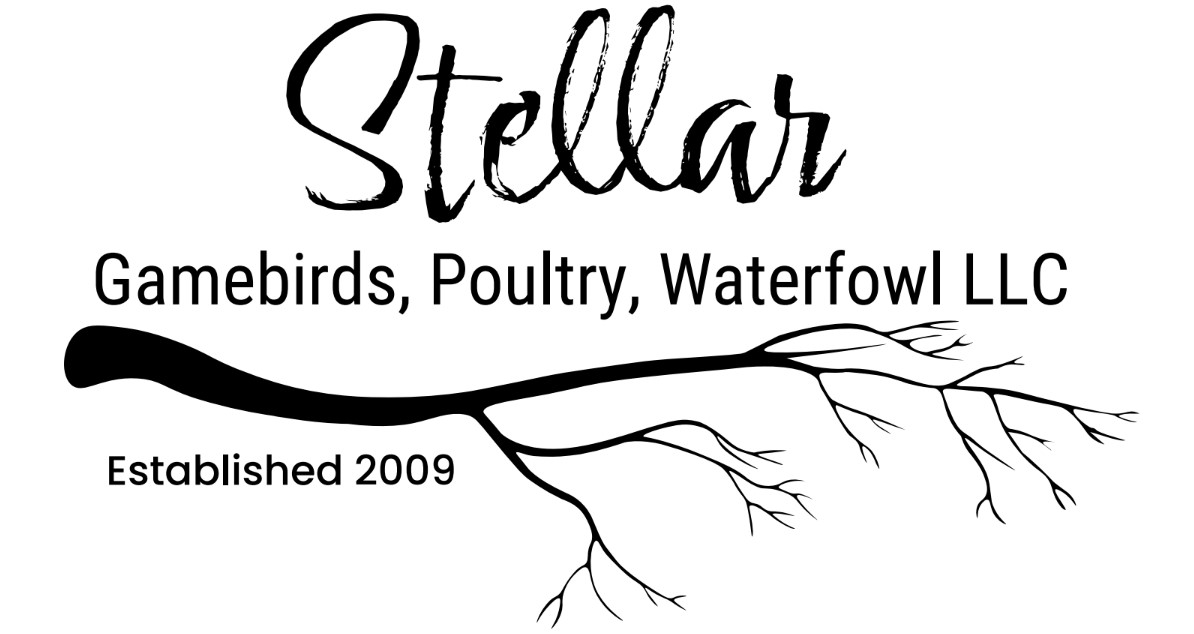As urban living continues to grow, so does the interest in urban farming and self-sufficiency. Raising Coturnix quail in small or urban spaces is an excellent way to produce your own eggs and meat without needing a large plot of land. These small, quiet birds are well-suited to city living and offer an accessible entry point into urban homesteading.
Legal Considerations
Before you start raising quail in an urban setting, it’s essential to understand the local laws and regulations regarding keeping poultry. Here’s what to consider:
Check Local Ordinances
Many cities have specific zoning laws that dictate whether you can keep poultry, including quail, within city limits. These laws may vary widely from one city to another, so check with your local government or city planning office to understand what’s allowed.
Some urban areas may require a permit to keep quail. Even if quail are allowed, there might be regulations on the number of birds you can keep, the distance from neighboring properties, or the type of housing you use.
Noise and Nuisance Regulations
While Coturnix quail are relatively quiet compared to chickens, they still make some noise. Be aware of any noise ordinances in your area, and consider how your quail might affect neighbors.
Proper coop maintenance is essential to prevent unpleasant odors that could cause issues with neighbors or violate local health regulations. Regular cleaning and good ventilation are key.
Space-Saving Housing Solutions
One of the biggest advantages of raising Coturnix quail in urban environments is their minimal space requirements. Here are some ideas to maximize your space:
Vertical Housing
Consider using stacked cages or tiered systems to make the most of vertical space. These systems allow you to house multiple quail in a small footprint, ideal for patios, balconies, or small backyards.
If you have limited ground space, a multi-level coop with ramps can provide additional living space without expanding the coop’s footprint. This setup also allows quail to move between levels, offering more room to roam.
Compact Coop Designs
Compact hutches designed specifically for quail can fit easily into small urban spaces. Look for hutches that are easy to clean, well-ventilated, and predator-proof.
Creative urban farmers have successfully repurposed items like old bookshelves, cabinets, or wardrobes into quail coops. With some modifications, these pieces can become functional and attractive homes for your quail.
Indoor Quail Keeping
If you don’t have outdoor space, consider keeping quail indoors. An indoor aviary or a large cage placed in a well-ventilated room can work well, especially in apartments. Just be sure to manage cleanliness and air quality.
Portable coops or “quail tractors” can be moved around your yard or even indoors. These coops allow your quail to forage on fresh ground while keeping them contained and safe.
Feeding and Care Tips
Raising quail in an urban environment requires attention to their specific care needs, especially given the limited space and potential challenges of city living.
Nutrition
Provide a high-quality commercial quail feed that meets their nutritional needs. Quail require a diet rich in protein, especially if you want them to produce eggs consistently.
Offer calcium supplements, like crushed oyster shells or cuttlebone, to support strong eggshell production. Fresh greens and occasional treats like mealworms can also be added to their diet.
Watering Systems
To save space and ensure your quail always have access to fresh water, consider using automatic waterers. These systems can be attached to the sides of cages or coops, reducing the risk of spills and keeping the water clean.
Nipple waterers are another great option for urban quail keeping. They minimize mess and help keep the coop dry, which is especially important in small, enclosed spaces.
Temperature Control
Urban environments can experience temperature extremes, so it’s essential to provide proper insulation for your quail’s coop. In colder months, ensure that the coop is draft-free and consider adding a safe heat source if necessary.
In the summer, make sure your quail have access to shade and adequate ventilation to prevent heat stress. Urban areas can create heat islands, so it’s important to monitor the temperature in and around the coop.
Managing Waste and Odor
Proper waste management is crucial in an urban setting to avoid attracting pests and to keep odors under control.
Regular Cleaning
In small or enclosed spaces, waste can accumulate quickly. Clean the coop at least once a week, removing soiled bedding and droppings to prevent odor buildup and ensure a healthy environment.
If you have enough space, consider using the deep litter method, where bedding is added regularly, and the waste is allowed to compost within the coop. This method can help control odors and provide a source of fertilizer for your garden.
Composting
Quail droppings are high in nitrogen and make excellent compost. Set up a small compost bin or pile to recycle waste into valuable garden fertilizer. This not only reduces waste but also supports a sustainable urban farming system.
Maximizing Egg and Meat Production
Even in a small urban setup, you can maximize your quail’s productivity with the right strategies.
Light Management
Quail require about 14-16 hours of light per day to maintain regular egg production. In urban environments, natural light might be limited, so consider using artificial lighting on a timer to ensure your quail receive enough light.
In winter, when daylight hours are shorter, supplemental lighting can help maintain egg production levels.
Breeding and Incubation
If you have the space, consider breeding your quail to maintain a sustainable flock. Select birds with desirable traits for breeding, such as high egg production or robust health.
Incubating your own quail eggs can be a cost-effective way to expand your flock. Small, affordable incubators are available and can be used even in compact urban spaces.
Raising Coturnix quail in an urban environment is not only feasible but also rewarding. These adaptable birds thrive in small spaces and offer a productive source of eggs and meat, making them an ideal choice for urban farmers. By understanding local regulations, optimizing your space, and providing proper care, you can successfully raise quail in the city and enjoy the benefits of fresh, homegrown produce right from your urban homestead.








